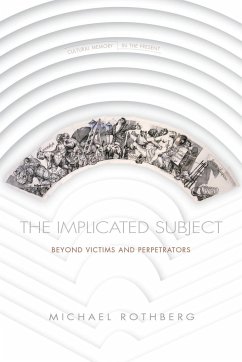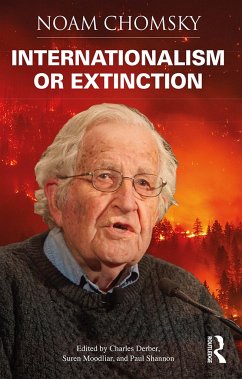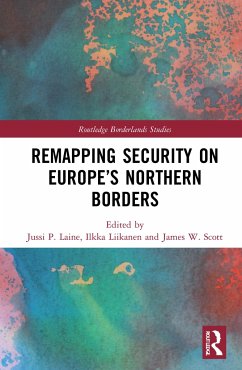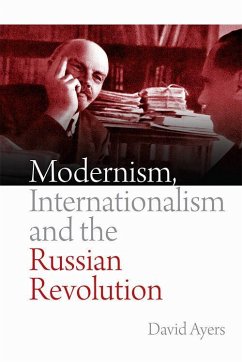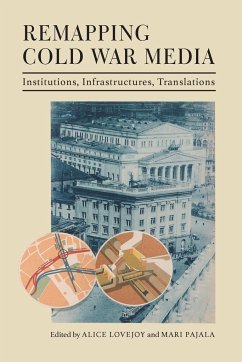
Remapping Cold War Media
Institutions, Infrastructures, Translations
Herausgeber: Pajala, Mari
Versandkostenfrei!
Versandfertig in 1-2 Wochen
41,99 €
inkl. MwSt.
Weitere Ausgaben:

PAYBACK Punkte
21 °P sammeln!
Why were Hollywood producers eager to film on the other side of the Iron Curtain? How did Western computer games become popular in socialist Czechoslovakia's youth paramilitary clubs? What did Finnish commercial television hope to gain from broadcasting Soviet drama? Cold War media cultures are typically remembered in terms of an East-West binary, emphasizing conflict and propaganda. Remapping Cold War Media, however, offers a different perspective on the period, illuminating the extensive connections between media industries and cultures in Europe's Cold War East and their counterparts in the...
Why were Hollywood producers eager to film on the other side of the Iron Curtain? How did Western computer games become popular in socialist Czechoslovakia's youth paramilitary clubs? What did Finnish commercial television hope to gain from broadcasting Soviet drama? Cold War media cultures are typically remembered in terms of an East-West binary, emphasizing conflict and propaganda. Remapping Cold War Media, however, offers a different perspective on the period, illuminating the extensive connections between media industries and cultures in Europe's Cold War East and their counterparts in the West and Global South. These connections were forged by pragmatic, technological, economic, political, and aesthetic forces; they had multiple, at times conflicting, functions and meanings. And they helped shape the ways in which media circulates today--from film festivals, to satellite networks, to coproductions. Considering film, literature, radio, photography, computer games, and television, Remapping Cold War Media offers a transnational history of postwar media that spans Eastern and Western Europe, the Nordic countries, Cuba, the United States, and beyond. Contributors draw on extensive archival research to reveal how media traveled across geopolitical boundaries; the processes of translation, interpretation, and reception on which these travels depended; and the significance of media form, content, industries, and infrastructures then and now.







